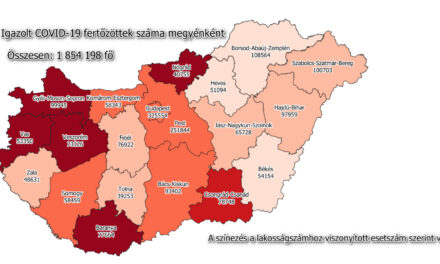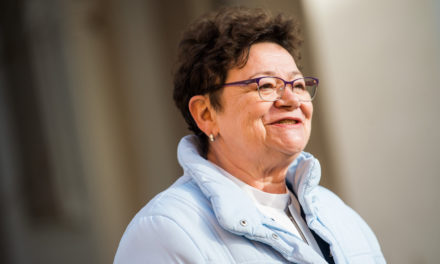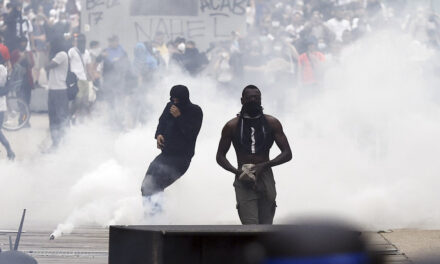With a green-eared judge, the former president would be convicted in the United States at a fast pace, even before the next elections.
Ten months are needed to begin the trial in the case in which former US President Donald Trump is accused of accumulating classified documents in his Florida home and obstructing the federal investigation against him, US District Judge Aileen Cannon (who has less than three years of experience as a judge) announced on Friday, who set the trial date for May 24, so earlier than the November 5 election.
According to Politico, this is a very "ambitious" schedule, given that the case raises many novel legal issues and involves many documents that have been classified at the highest level. In addition to the trial date, Cannon has set a number of other key deadlines that will greatly affect the length of the trial, as well as whether this case will go to a jury at all.
According to the paper, knowing the similarly high-profile cases, it is doubtful whether all elements of the schedule will hold their place.
The preparatory phase - initial discovery - is already underway, when information is exchanged between the parties about the witnesses and evidence that will be presented at the trial. This section allows the parties to know what evidence they may ultimately present in court.
Prosecutors have already released more than a million pages of documents to defense attorneys, and the defense has also been given access to 57 terabytes of footage, much of it captured by Mar-a-Lago's security cameras. Politico also notes that getting to know such a large amount of material will take an extremely long time for the defense, which was one of the main arguments against continuing the proceedings this year.
In the near future, the first step will be the development of procedures for classified evidence, which, according to Politico, will also be very lengthy, and heated debates on the subject can be expected between the parties.
Prosecutors have separately asked Cannon to issue a so-called protective order that would govern the classified information that is the subject of the case. This would dictate who can access this information and the penalties for those who break the rules. The judge, on the other hand, decided that the prosecution's motion was premature, but gave them the opportunity until July 27 to resubmit the motion. Controversial issues concerning the withholding of information will be discussed for the first time in a hearing on October 17.
The judge set the deadline for submitting pre-trial motions to November 3, most of which will probably come from the defense and will aim to drop the case and reject individual charges. The hearing of the main pre-trial motions will take place on December 11, according to the schedule. This may be one of the most important hearings in the case, as Cannon may then decide to drop the charges against Trump.
The prosecution has until December 15 to make another motion regarding the secret information, and the defense's response is expected to be due on January 4, after the New Year break. In this, the defense will probably argue that the impossibility of knowing secret information undermines the democratic nature of the procedure. The supplementary hearing on pre-trial motions will be due on February 26.
Prosecutors have until March 20 — just five days after Trump is scheduled to stand trial in New York in the hush money case — to request evidence not directly related to the 31 charges against Trump. A hearing on the admissibility of the evidence will take place on April 1.
This is when they finally decide which evidence can be presented at the trial. He set a final pretrial hearing for May 14, when remaining questions about classified evidence or other matters related to the lawsuit will be discussed.
And the trial will begin on May 20, 2024 in federal court in Fort Pierce.
However, the schedule does not provide for several issues, such as when the jurors will be summoned and the bias investigation will take place. The schedule also does not address the possibility that either party may file an appeal with the 11th District Court in Atlanta during the preparation.











